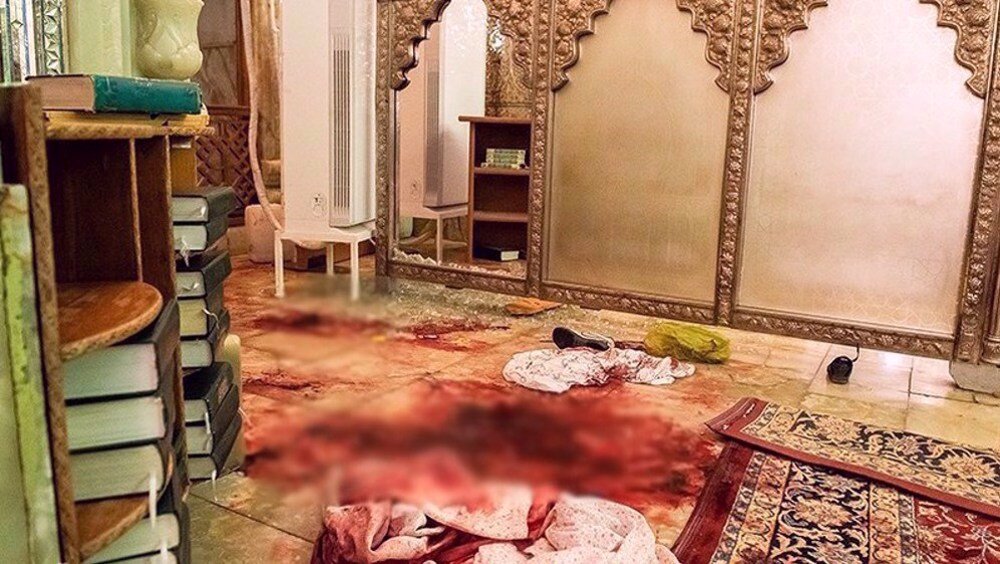Two Shiraz terror attack convicts executed

TEHRAN - Two individuals who had been condemned to death for their roles in a fatal terrorist attack on the famed Shah Cheragh shrine in the southern province of Fars last October were executed early on Saturday.
Iran’s Supreme Court had upheld their death sentence in mid-March.
The two, identified as Mohammad Ramez Rashidi and Naeim Hashem Qetali, were hanged at dawn in Shiraz, the capital of Fars province.
Ten court sessions were held in which the convicts and their attorneys attended.
The defendants said during their trial that they had connections with the Daesh group in neighboring Afghanistan and helped arrange the attack on Shiraz’s sacred site.
Other defendants, named Mohammad Rahmani, Mostafa Jaan-Amani and Hamidullah Kabuli, were also condemned to 25, 15, and 5 years in jail respectively.
An armed terrorist stormed the Shah Cheragh shrine in Shiraz on October 26, 2022, murdering 15 pilgrims, including women and children, and wounded scores more before being apprehended by security police.
The terrorist was eventually proclaimed dead at a hospital, having succumbed to injuries incurred during the attack, which shocked the country.
According to the statement, the individuals were all citizens of Afghanistan, Tajikistan, and the Republic of Azerbaijan; none of them were Iranians.
Two weeks after the incident, the Intelligence Ministry reported the arrest of 26 Takfiri terrorists for their involvement. A few individuals were promptly apprehended.
On March 15, Qetali, an Afghan national, also admitted planning to assist the primary shrine attacker in Tehran at a court proceeding in Shiraz.
He also pled guilty to actively assisting the assailant and financially aiding other members of the group.
The court charged him with financially supporting Daesh members in Iran and encouraging “corruption on earth”.
Ayatollah Seyed Ali Khamenei, Leader of the Islamic Revolution, promised in a statement on October 27 that those responsible for the outrageous atrocity will unquestionably be punished.
“The grief of these dears and desecration of the shrine of Ahl al Bayt will, however, not be compensated unless through tracking these disastrous acts back to where they originate from and through adopting decisive and wise measures against it,” the Leader remarked.
On October 30, Iranians held separate mourning rituals and funerals around the country to pay their respects to the victims.
High-ranking government and military officials, as well as citizens from all walks of life, attended a burial ceremony at the holy shrine in Shiraz.
Before six of the martyrs were laid to rest, participants attended group prayers led by Ayatollah Lotfollah Dejkam, representative of Ayatollah Ali Khamenei in Fars province and Shiraz Friday prayer preacher.
The hometown of two more victims, Yasuj, was also the scene of a similar march.
A funeral ceremony for the victims of the terrorist assault was also held by large number of mourners in the northeastern shrine city of Mashhad.
Numerous condemnations poured in from all over the country and from all layers of society in the wake of the terrorist act.
